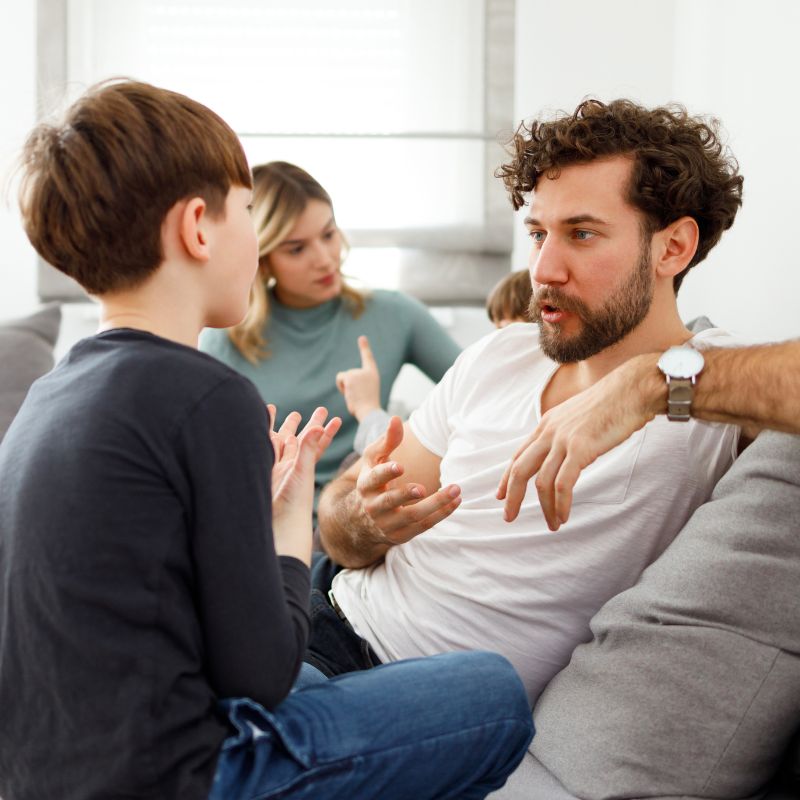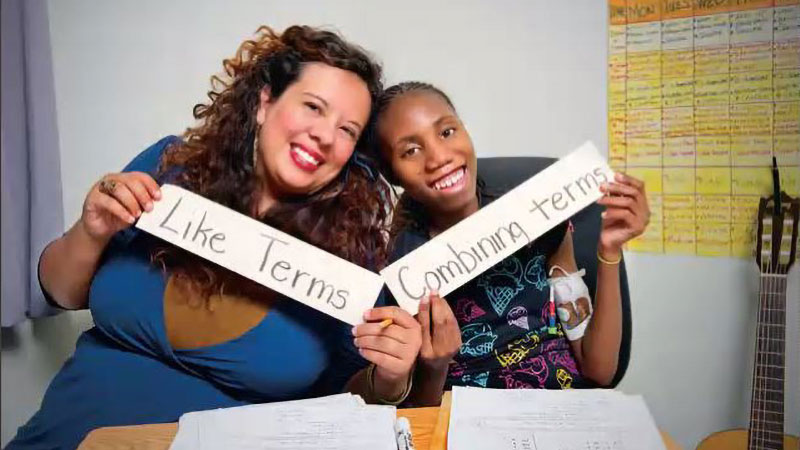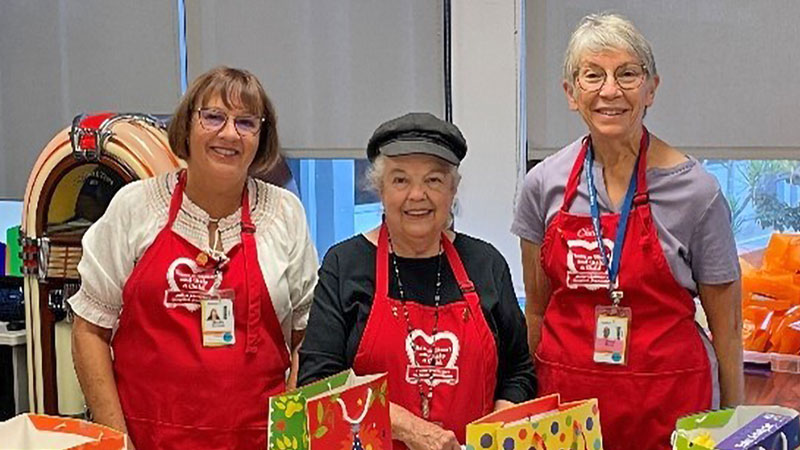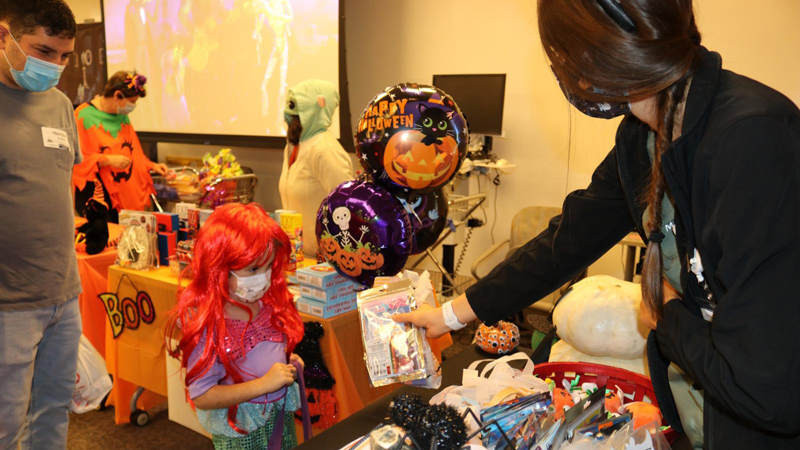Recent events around the world can be difficult to process, especially for children and teens who may be exposed to graphic imagery on the news and social media. Whether it’s a war, mass shooting, or other traumatic event with casualties, children need help to make sense of what they are seeing and hearing. Explaining these tragedies to kids can be a daunting task. We will cover how to start the conversation, what language to use, and how to provide comfort and reassurance.
As a parent/caregiver, you can create a safe space for children to honestly express their feelings and concerns. It is important to provide honest information while addressing their questions and concerns. Remember to keep in mind, different age groups of children will need different levels of detail. Conversations should be tailored to meet a child’s unique level of understanding.
Below are some tips to help navigate these conversations.
- Ask open-ended questions to help guide the discussion.
- Start by asking your children what they already know or have heard about the topic at school or on social media.
- Ask your children how they feel when hearing about the traumatic events.
- Ask your children what their worries are in relation to the events.
- Provide age and developmentally appropriate information. Be sure the information you provide is honest.
- General descriptions such as: ‘There is a conflict going on very far away from us’ or ‘There was an event and some people got very hurt’ are appropriate explanations.
- Provide a safe space for your children to express big emotions they may be feeling about the traumatic event.
- Be sure to validate your children's feelings and reassure them they are safe.
Be aware of media exposure.
- For instance, not watching the news with children nearby helps prevent them from learning of traumatizing details.
- Make sure children are not within earshot when having discussions about the traumatic event.
- Taking a break from social media is a good idea for older school-age and teenage children since many things that are posted might not contain factual or credible information.
As adults, learning about traumatic events and exploring what we know and understand can be overwhelming. It is even more so for children as they are trying to understand the world around them. Sharing how you feel can help children feel safe to share their thoughts and feelings and let them know they are not alone. Remember, you know your children best and are doing an amazing job having these difficult conversations.




